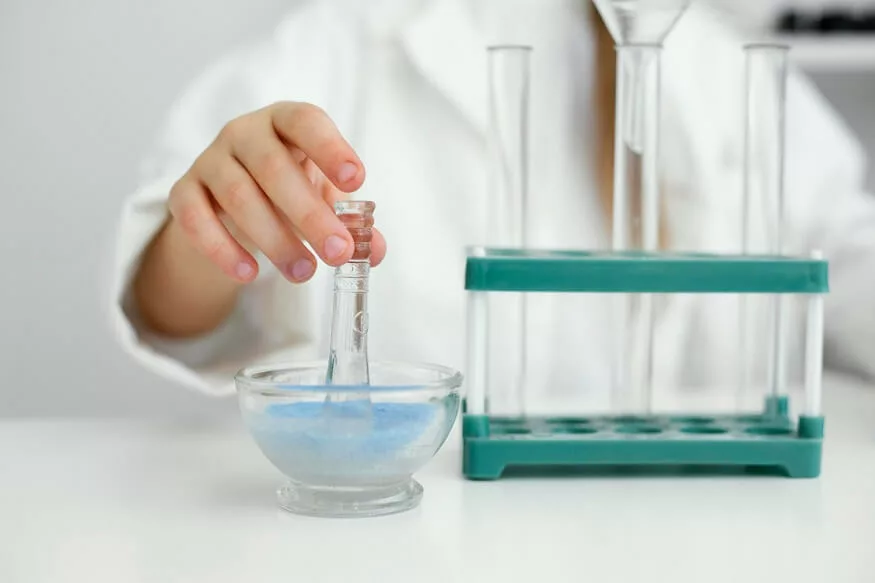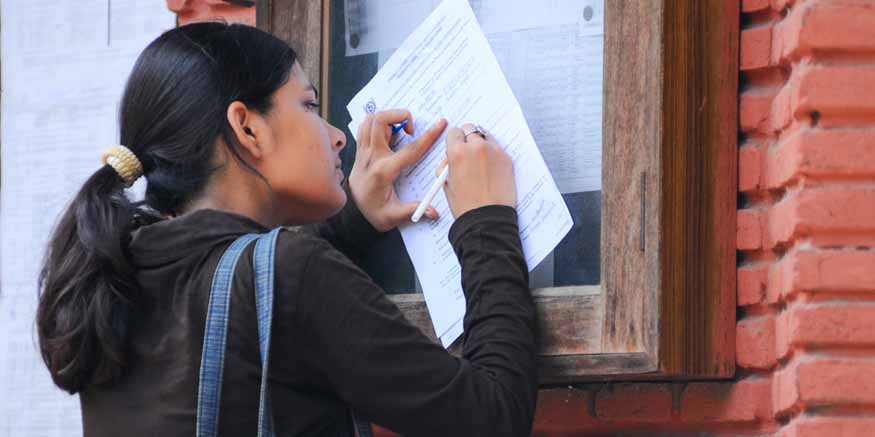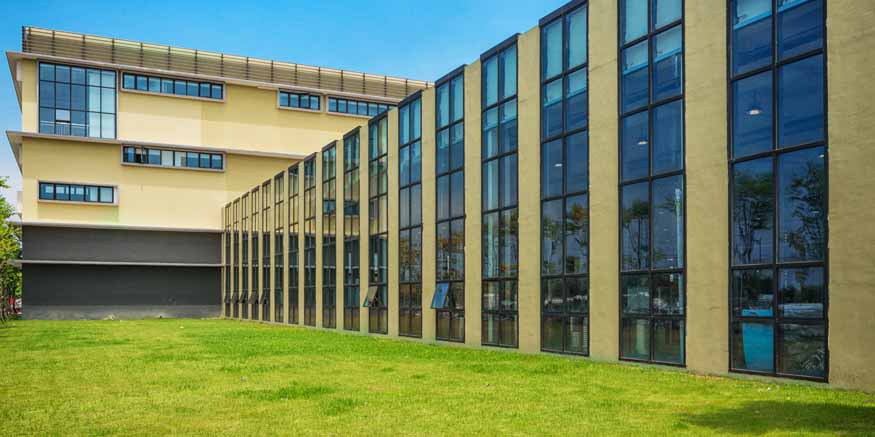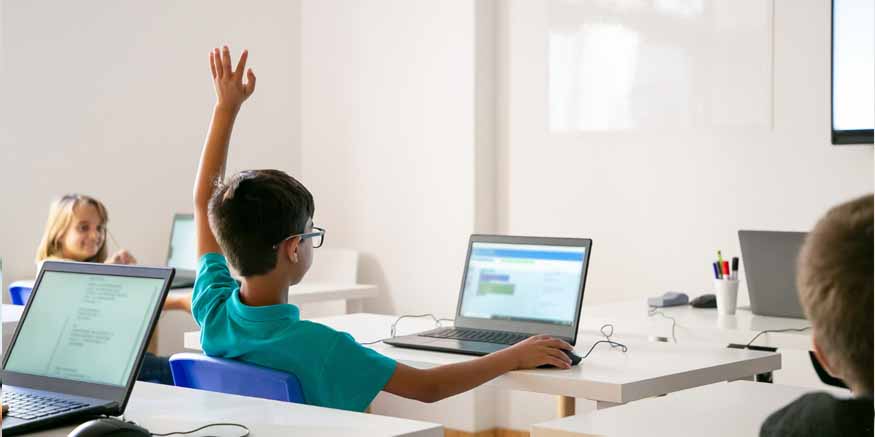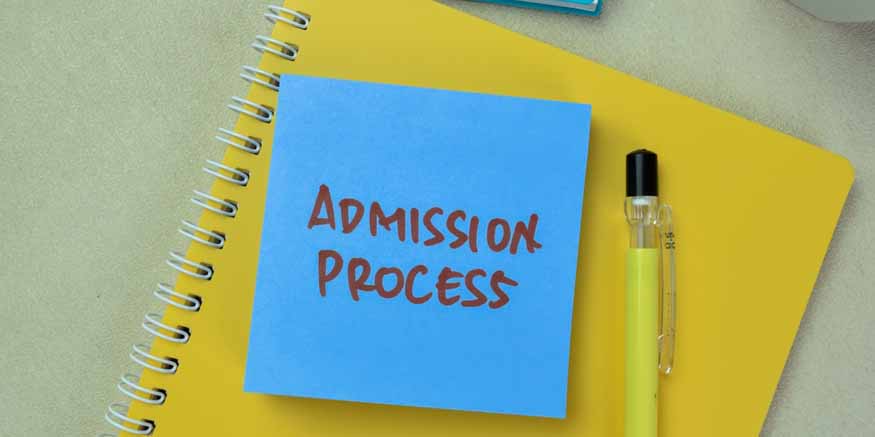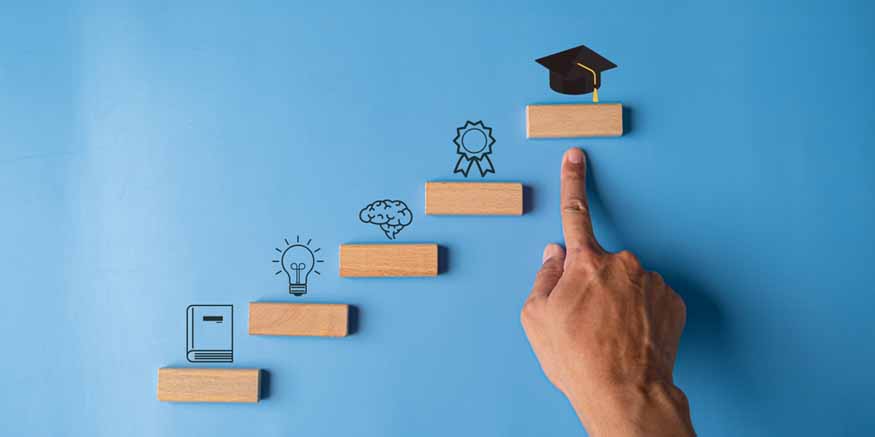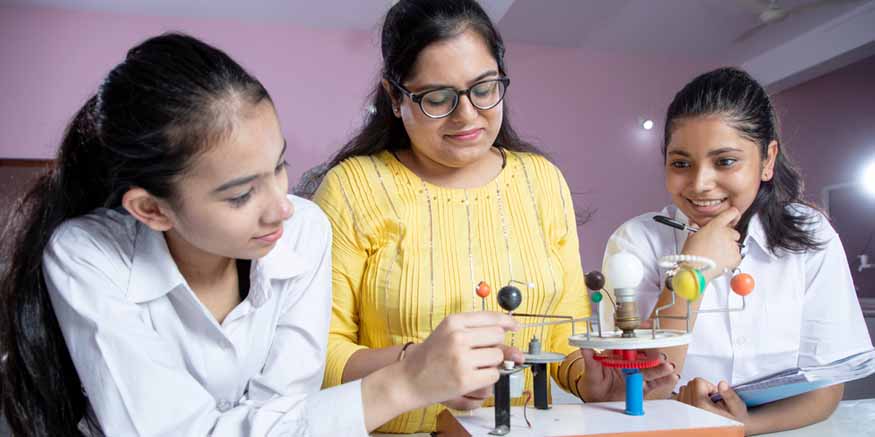Water experiments for preschoolers play a crucial role in their early childhood development. These activities go beyond mere entertainment, they serve as valuable tools for education, exploration, and the enhancement of various developmental skills. The importance of water experiments for preschoolers can be seen across multiple domains. In this blog, we will explore some simple experiments with water and its importance.
Simple Water Experiments For Preschoolers:
Here are some interesting and amazing simple water experiments for kids.
1. Sink or Float:
Fill a tub with water and gather various objects. Have preschoolers predict whether each item will sink or float, then test their hypotheses.
2. Colour Mixing with Ice Cubes:
Freeze water with different coloured food dyes in ice cube trays. Let children experiment with mixing and observing the colors as the ice cubes melt.
3. Rain in a Jar:
Rain in a jar is one of the interesting science experiments in water. Fill a clear jar with water, add shaving cream to the top, and drop coloured water on the “cloud.” As the cloud gets saturated, it “rains” into the jar, demonstrating precipitation.
4. Bubble Painting:
Mix water, dish soap, and food colouring to create a bubble solution. Dip a bubble wand into the solution and blow bubbles onto the paper. The popping bubbles leave colourful patterns.
5. Floating Letters:
Magical and simple water experiments are floating letters. Use foam letters and see if they float or sink. Discuss the concept of buoyancy and why some letters float while others sink.
6. Water Xylophone:
Fill glasses with different levels of water and let children tap them with a spoon to create musical notes. Explore the correlation between water levels and pitch.
7. Walking Water:
Connect glasses with paper towels soaked in the coloured water. Watch as the water “walks” along the paper towels, demonstrating capillary action.
8. Ice Excavation:
Freeze small toys in a large container of water. Provide tools like spoons and brushes for children to excavate the toys from the ice.
9. Water Bead Sensory Bin:
Expand water beads and place them in a sensory bin. Let children explore the texture and observe how the beads absorb and release water.
10. Magic Milk Experiment:
Fill a dish with milk and add drops of food colouring. Dip a cotton swab in dish soap and touch it to the milk, creating a colourful reaction.
11. Water Science Magic Tricks:
Perform simple magic tricks involving water, such as making water disappear using an absorbent material or creating a “water rainbow.”
12. Watering Can Relay:
Set up a relay race where children use watering cans to transfer water from one container to another. This promotes teamwork and motor skills.
13. Dancing Raisins:
Drop raisins into a glass of soda water and observe them “dance” as carbonation causes bubbles to attach to the raisins and lift them.
14. Blowing Bubbles with Household Items:
Experiment with different objects to blow bubbles, such as slotted spoons, cookie cutters, or even strainers. Discuss bubble shapes and sizes.
15. Floating and Sinking Alphabet Soup:
Cut out letters from foam or paper and let children place them in water to see which ones float and which ones sink.
16. Water Art:
Mix water with powdered paint or food colouring and let children use droppers to create colourful water art on paper.
17. Jellyfish in a Bottle:
Create jellyfish by cutting up plastic bags into strips. Place them in a clear bottle filled with water, observing how they move with the slightest agitation.
18. Melting Ice Cubes with Salt:
Sprinkle salt on ice cubes and observe how it affects the melting process. Discuss the concept of freezing point depression.
19. Water Wheel Experiment:
Create a simple water wheel using paper cups and a stick. Place it under a stream of water and observe how the wheel turns.
20. Homemade Rain Gauge:
Set up a simple rain gauge using a clear container. Place it outside and measure the amount of rainwater collected during a rainfall.
21. Water Tornado in a Bottle:
Fill a bottle with water, add a small amount of dish soap, and swirl the water to create a tornado effect. Discuss vortex formation.
22. Frozen Bubbles:
Blow bubbles outside on a cold day and observe as they freeze. Discuss how temperature affects the state of water.
23. Water and Oil Discovery Bottles:
Fill clear bottles with water and oil, and add various objects like glitter or beads. Watch how the oil and water separate, creating visually interesting discovery bottles.
Also Read: How to find the Right Water Temperature for Baby Bath: Tips, Tricks, and Safety Measures
Importance and benefits of water experiments for kids:
1. Scientific Exploration:
- Curiosity and Inquiry: Water experiments stimulate a child’s natural curiosity. Kids should learn to ask questions, make guesses, and explore science concepts via experiential learning.
- Fundamentals of Science: Thesescience experiments with waterlay the foundation for understanding basic scientific concepts like floating, states of matter, and cause-and-effect
2. Sensory Development:
- Tactile Stimulation: Science experiments with water engage the sense of touch. Activities like playing with water beads, ice cubes, or different textures in a sensory bin contribute to sensory development.
- Visual and Auditory Stimulation: Watching water move, listening to the sounds it makes, and observing changes in colour or state provide rich sensory experiences.
3. Cognitive Skills:
- Problem Solving: Science experiments with water often present challenges that encourage problem-solving. For instance, figuring out how to make an object float or predicting the outcome of an experiment fosters critical thinking skills.
- Observation and Comparison: Preschoolers learn to observe changes, compare results, and draw conclusions—an essential foundation for cognitive development.
4. Language Development:
- Vocabulary Expansion: Science experiments with water introduce new vocabulary related to science and daily life. Describing observations, discussing predictions, and talking about the properties of water contribute to language development.
- Communication Skills: Engaging in group simple experiments with water promotes communication and collaboration, enhancing social interaction and language skills.
5. Mathematical Concepts:
- Measurement: Science experiments with water often involve measuring water levels, counting drops, or comparing quantities. These activities introduce basic mathematical concepts in a practical context.
- Patterns and Sequences: Observing patterns in water movements or changes in experiments helps lay the groundwork for understanding mathematical patterns.
6. Social and Emotional Development:
- Teamwork: Many water experiments are designed for group participation, fostering teamwork and cooperation. Children learn to share materials, take turns, and work collaboratively.
- Emotional Expression: Water play allows preschoolers to express themselves freely. It can be a soothing and enjoyable experience, promoting positive emotional development.
7. Physical Development:
- Fine Motor Skills: Pouring, squeezing, and transferring water during experiments contribute to the development of fine motor skills. Activities like using droppers or handling small objects enhance hand-eye
- Gross Motor Skills: Water play that involves movement, such as filling and pouring from containers, contributes to the development of gross motor skills.
8. Environmental Awareness:
- Understanding Natural Resources: Simple experiments with water help children develop an early appreciation for water as a natural resource. They learn about its properties and the importance of conservation.
- Respect for the Environment: Engaging with water in a controlled and guided setting teaches respect for the environment and the importance of responsible behavior.
9. Creativity and Imagination:
- Open-Ended Exploration: Water experiments often allow for open-ended play, encouraging creativity and imagination. Children can invent their own games, stories, and scenarios during water activities.
Also Read: Water Safety Tips for Kids
Simple water experiments for preschoolers are not only enjoyable but also integral to their holistic development. At EuroSchool, we provide a solid foundation for future learning, nurturing a love for exploration and discovery that can last a lifetime. Through water experiments, young learners develop essential skills that extend far beyond the preschool years, preparing them for a lifetime of curiosity and inquiry.

